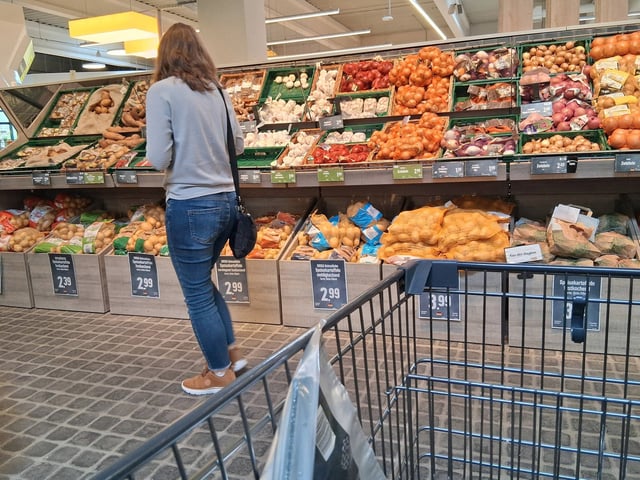Overview
- The Federal Office of Consumer Protection and Food Safety (BVL) has extended emergency pesticide authorizations for potatoes for 120 days, with further approvals under review for root vegetables.
- The Schilf-Glasflügelzikade transmits bacterial pathogens like Stolbur-Phytoplasma, degrading potato quality and rendering tubers unsuitable for processing.
- Regions in Bavaria, Lower Saxony, and Baden-Württemberg report yield losses of up to 50%, with one-third of Germany’s potato acreage at risk in 2025.
- The pest’s classification as an endangered species complicates the approval of effective insecticides, while climate change accelerates its spread.
- Long-term solutions, including CRISPR/Cas breeding and biological controls, are under research, but industry groups warn of existential risks to domestic potato supply and processing.
